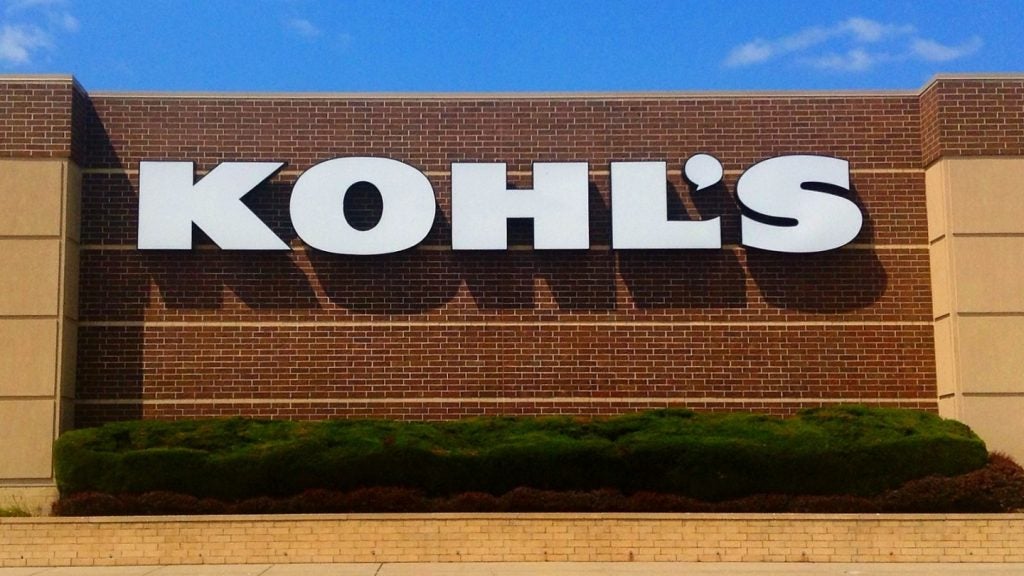US-based department store chain Kohl’s has reduced its outlook for the full year of FY2023 as sales for the third quarter (Q3) decreased by 5.2% year-on-year (YoY).
The retailer’s net sales for the 13-week period, which ended 28 October 2023, was $3.84bn compared with $4.05bn in the same period in FY2022.
Comparable sales for the period dropped by 5.5%.
Kohl’s reported operating income of $157m in Q3 FY2023, representing 3.9% of total revenue in the period.
Its net income for the period was $59m. This is a decrease of $97m in Q3 FY2022. Its earnings per diluted share (EPS) were $0.53 in Q3 FY2023 compared to $0.82 a year ago.
Kohl's chief executive officer Tom Kingsbury said: “Kohl’s third-quarter earnings reflect strong gross margin and expense management, as well as additional progress against our strategic priorities. I am pleased with our store performance, driven by strong growth in Sephora and the newness in our home and gifting initiatives.
“This reinforces our actions are working and resonating with our customers. In addition, we drove a 13% reduction in inventory as we benefited from our new disciplines.”
In the year-to-date, net sales of Kohl’s dropped 4.5% YoY to $10.9bn and its comparable sales fell 5.0%.
The retailer’s operating and net income for this period were $418m and $131m, respectively.
For the full year 2023, Kohl’s expects net sales to decline by 2.8% to 4% compared to previous guidance of a 2% to 4% decrease.
The company expects diluted EPS from $2.30 to $2.70.
Kingsbury added: “Our strategies to reposition Kohl’s for improved sales and earnings performance remain in the early stages. The work we have done in 2023 will continue to build momentum and set us up to be successful in 2024.”















